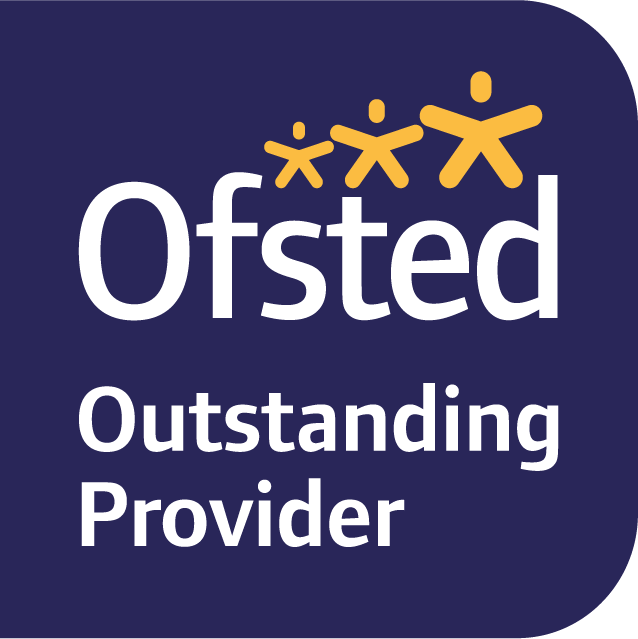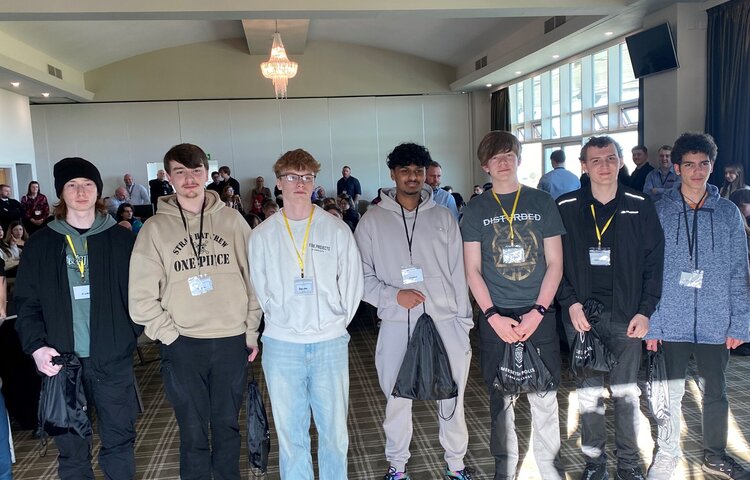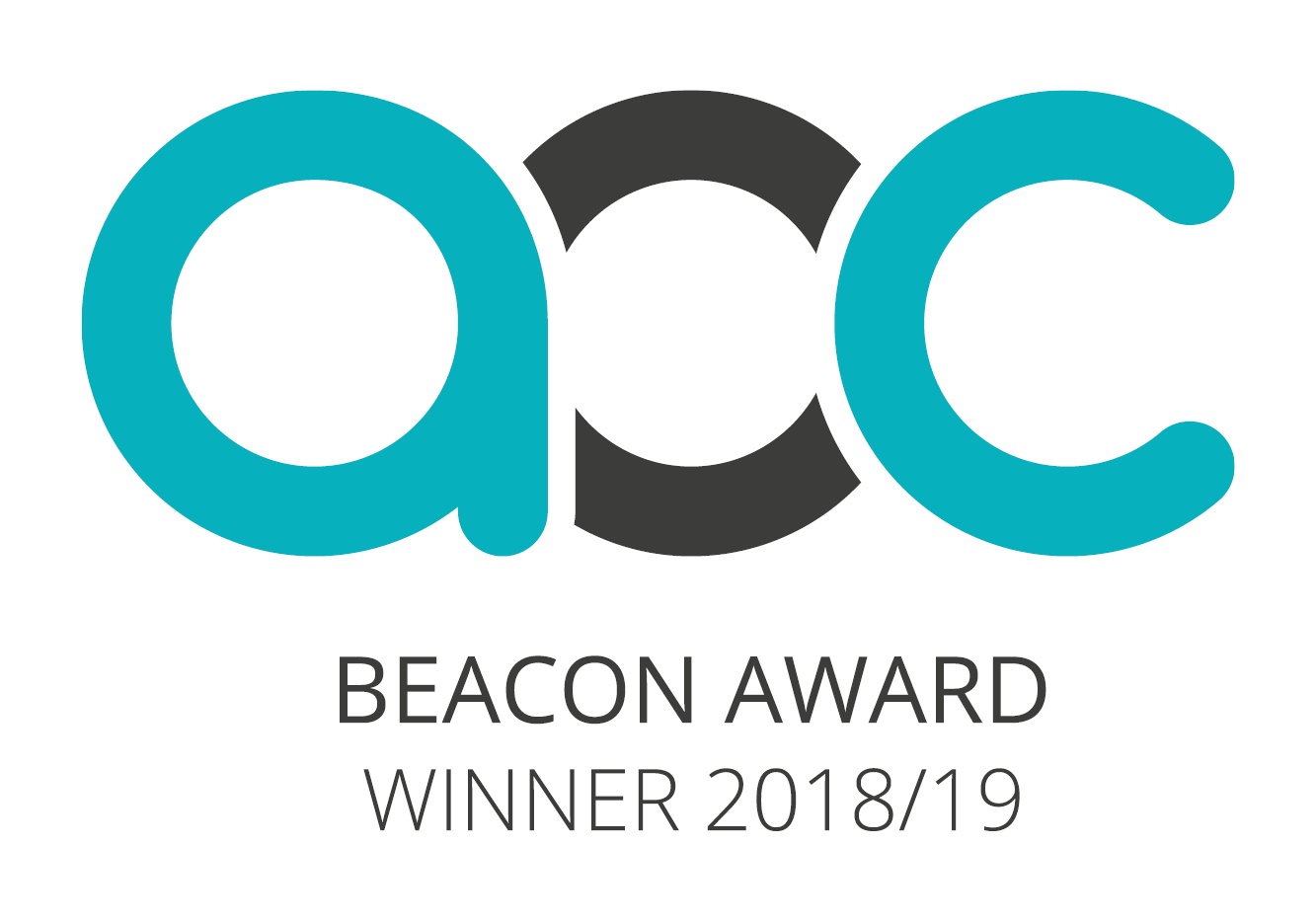16 January 2018

A team of student debaters from the College has made it through to the district round of a national public speaking competition having come through the local heats.
The Rotary Club’s ‘Youth Speaks’ competition pits teams of three students against each other to present on topics of their own choosing. The effectiveness and quality of the teams’ performances are judged by the Rotary Club’s chosen panel, and the College’s team made up of lead speaker, Hannah Banton, Chairperson Caleb Geggie, and proposer for the vote of thanks, Harry Gorman, came out as runners up.
Caleb Geggie acted as Chairperson
Presenting on the topic of automation and Artificial Intelligence, all three speakers were succinct and charismatic in their delivery, with Hannah’s leading six-minute speech delivering much to provoke thought about the future of robotics and humanity’s role in its development.
"Hannah’s speech on automation was so well researched and brilliantly delivered, and Jack was very brave to talk from the heart about his own experience of Autistic Spectrum Disorder."
Jane Cavanagh, Politics teacher and Debate Club Organiser
In a complex, ethical subject, the team focused on the fear of job losses due to automation, and which political landscape would be best suited to deal with the fallout of the evolution of sentient robotics. They also touched upon the controversial matter of ‘rights’ for AI machines in the context of what humans already receive.
Harry Gorman delivered the vote of thanks
Competing exclusively against teams from Wirral’s private and grammar schools, Hannah, Caleb and Harry were joined in the competition by a second College team, comprising Jack Fitzpatrick, Charlie Smethurst and Oliver Hilton.
The second team gave a contrasting but similarly engaging presentation on the subject of Autism and whether those with the condition are indeed suffering from a ‘disability’ or in fact hold an advantage over those of ‘able-body’.
Lead speaker, Jack, gave a candid talk on his own personal experience of Autism Spectrum Disorder (ASD), and the challenges that he has faced. NAME went on to highlight where a brain that works differently to nine out of ten others leads to a change in ‘normal’ perspective and different levels of effectiveness due to the focused nature of the ASD thought process.
Jack gave a deeply personal speech about Autism
With both teams producing strong displays, lead speaker of the team who head to the district heats at Glyndwr University, Wrexham in March, Hannah, said: “We all worked really hard on our presentations during Debate Club, and they were two topics that we are passionate about. I think we performed well and the judges commented on how close all the scores were, so we can all be pleased with how it went.
“It was quite nerve-racking, especially seeing how well the other schools’ teams presented, but we held our own and it was a great chance to speak in front of new people and bring some attention to subjects that we feel need more public discussion.”
Both teams with their certificates
Politics teacher and organiser of the College’s Debate Club, Jane Cavanagh, said: “I’m very proud of both our teams. They were an absolute credit to the College. Unfortunately, we were up against very stiff competition so only one team made it to the next round.
“All of our speakers should feel very proud of themselves. They all came across confidently and articulately. They dedicated a huge amount of effort to put together their speeches and to rehearse them. Hannah’s speech on automation was so well researched and brilliantly delivered, and Jack was very brave to talk from the heart about his own experience of Autistic Spectrum Disorder.
“Congratulations are in order for the Wirral Grammar for Girls winning team who put together a very enthusiastic and polished team performance.”
.png)

.JPG)
.JPG)
.JPG)
.JPG)
.jpeg)
(3).jpg)

.jpg)








_(403x640).jpg)